Supreme Court Strikes Down Electoral Bonds: A Victory for Democratic Accountability
- ByAdmin --
- 01 May 2025 --
- 0 Comments
The Electoral Bonds Scheme was introduced by the Government of India in 2018 as a means to facilitate transparent political funding. Under this scheme, individuals and corporations could purchase bonds from designated branches of the State Bank of India (SBI) and donate them to political parties. These donations were anonymous, and the identity of the donor was not disclosed to the public or even to the Election Commission of India.
- Mechanism:
- Electoral bonds could be bought in various denominations and donated to political parties that were registered under the Representation of the People Act, 1951. The donor's identity was not disclosed to the public, raising concerns about the potential misuse of the system by individuals or entities seeking to influence policy or gain favor with political parties.
- Electoral bonds could be bought in various denominations and donated to political parties that were registered under the Representation of the People Act, 1951. The donor's identity was not disclosed to the public, raising concerns about the potential misuse of the system by individuals or entities seeking to influence policy or gain favor with political parties.
- Criticism:
- The scheme faced strong opposition from several quarters. Critics argued that it allowed for unlimited, anonymous donations, potentially leading to the influence of corporations and other entities in political affairs. This, in turn, could undermine the integrity of elections by encouraging crony capitalism and curbing the voters' right to know where the funding for political campaigns was coming from.
The Supreme Court's Role
The Supreme Court of India has been actively involved in examining the legal and constitutional validity of the Electoral Bonds Scheme. Several petitions challenging the scheme's transparency and constitutional compliance were filed, particularly focusing on its violation of the Right to Information guaranteed under Article 19(1)(a) of the Constitution.
- Article 19(1)(a):
- This article guarantees the right to freedom of speech and expression, which includes the right to access information necessary for voters to make informed decisions during elections.
- This article guarantees the right to freedom of speech and expression, which includes the right to access information necessary for voters to make informed decisions during elections.
- Criticism of Lack of Transparency:
- Petitioners argued that the anonymity of donors under the Electoral Bonds Scheme restricted voters’ access to information about political funding, which could influence their voting decisions.
Key Legal Arguments and Hearing
- Right to Information:
- The central argument presented by petitioners in the Supreme Court was that the scheme violates citizens' Right to Information. The lack of transparency regarding the sources of political donations undermines democratic processes. The petitioners argued that voters should have access to information about who is funding political parties to make informed choices.
- The central argument presented by petitioners in the Supreme Court was that the scheme violates citizens' Right to Information. The lack of transparency regarding the sources of political donations undermines democratic processes. The petitioners argued that voters should have access to information about who is funding political parties to make informed choices.
- Unconstitutional Amendments:
- The Representation of the People Act, 1951, which governs electoral processes in India, was amended to facilitate the Electoral Bonds Scheme. The amendments allowed political parties to accept unlimited anonymous donations. Critics contended that these amendments bypassed the principles of transparency enshrined in the Constitution.
The Court's Judgment
The Supreme Court ruled on the matter, addressing the constitutional questions raised in the petitions. The Court's judgment centered around several critical points:
- Violation of Voters' Rights:
- The Court concluded that the scheme violated Article 19(1)(a) by preventing voters from accessing important information about the sources of political funding. The right to an informed choice is an essential component of the democratic process, and the anonymity of donations posed a threat to this fundamental right.
- The Court concluded that the scheme violated Article 19(1)(a) by preventing voters from accessing important information about the sources of political funding. The right to an informed choice is an essential component of the democratic process, and the anonymity of donations posed a threat to this fundamental right.
- Striking Down Amendments:
- The Supreme Court struck down several amendments to the Representation of the People Act, 1951, which had facilitated the Electoral Bonds Scheme. The amendments were found to be inconsistent with the principles of democracy and transparency.
- The Supreme Court struck down several amendments to the Representation of the People Act, 1951, which had facilitated the Electoral Bonds Scheme. The amendments were found to be inconsistent with the principles of democracy and transparency.
- Discontinuation of Electoral Bonds:
- The Court directed the State Bank of India (SBI) to immediately cease issuing Electoral Bonds. Furthermore, the Election Commission of India was ordered to disclose details of all bonds sold, including the identity of the buyers, to ensure greater transparency in political funding.
Legal Framework Referenced
- Article 19(1)(a):
- The Court emphasized that the Right to Information forms part of the freedom of speech and expression guaranteed under the Constitution. This right was deemed crucial for maintaining the integrity of the electoral process.
- The Court emphasized that the Right to Information forms part of the freedom of speech and expression guaranteed under the Constitution. This right was deemed crucial for maintaining the integrity of the electoral process.
- Representation of the People Act, 1951:
- This Act regulates the conduct of elections and provides guidelines for political parties. The Court found that the amendments made to this Act to enable the Electoral Bonds Scheme violated constitutional principles of transparency and accountability.
- This Act regulates the conduct of elections and provides guidelines for political parties. The Court found that the amendments made to this Act to enable the Electoral Bonds Scheme violated constitutional principles of transparency and accountability.
- Finance Act, 2017:
- The Finance Act, 2017, which introduced provisions facilitating the scheme, was also scrutinized by the Court. The amendments made to the Finance Act were ruled to be unconstitutional due to their lack of transparency.
Implications of the Verdict
- Political Funding Transparency:
- The Court's decision is likely to usher in a new era of transparency in political funding. Political parties will now be required to disclose the identity of their donors, ensuring that voters are aware of the sources behind campaign financing.
- The Court's decision is likely to usher in a new era of transparency in political funding. Political parties will now be required to disclose the identity of their donors, ensuring that voters are aware of the sources behind campaign financing.
- Impact on Political Parties:
- Political parties may need to revise their funding strategies. The cessation of the Electoral Bonds Scheme may lead to a reduction in the influence of unaccounted corporate donations, thereby altering the dynamics of election financing.
- Political parties may need to revise their funding strategies. The cessation of the Electoral Bonds Scheme may lead to a reduction in the influence of unaccounted corporate donations, thereby altering the dynamics of election financing.
- Future Electoral Reforms:
- The ruling sets a precedent for future cases involving electoral reforms and the regulation of political donations. The Court's emphasis on transparency could influence future legislation aimed at improving the integrity of elections.
Conclusion
The Supreme Court's ruling on the Electoral Bonds Scheme marks a significant step towards enhancing transparency in India's electoral system. By upholding the Right to Information, the Court has reinforced the importance of an informed electorate in ensuring the integrity of democratic processes. The decision is likely to reshape the future of political funding, compelling political parties to adopt more transparent and accountable methods of fundraising.


































































































































































































































































































































































































































































































































































































































































































































































































































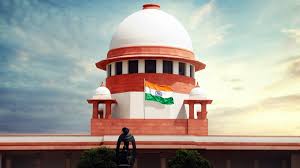


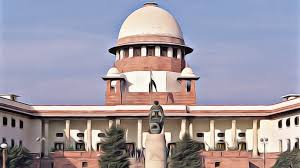

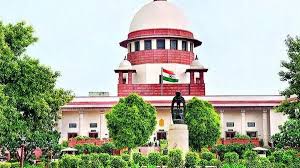









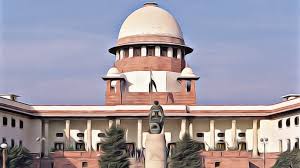




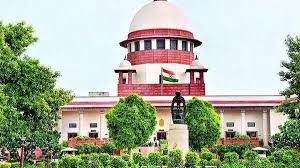



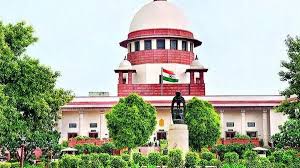
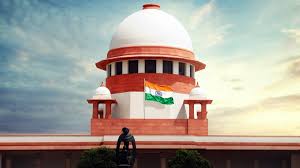



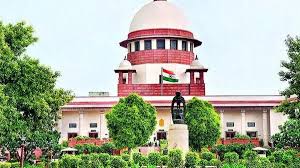

















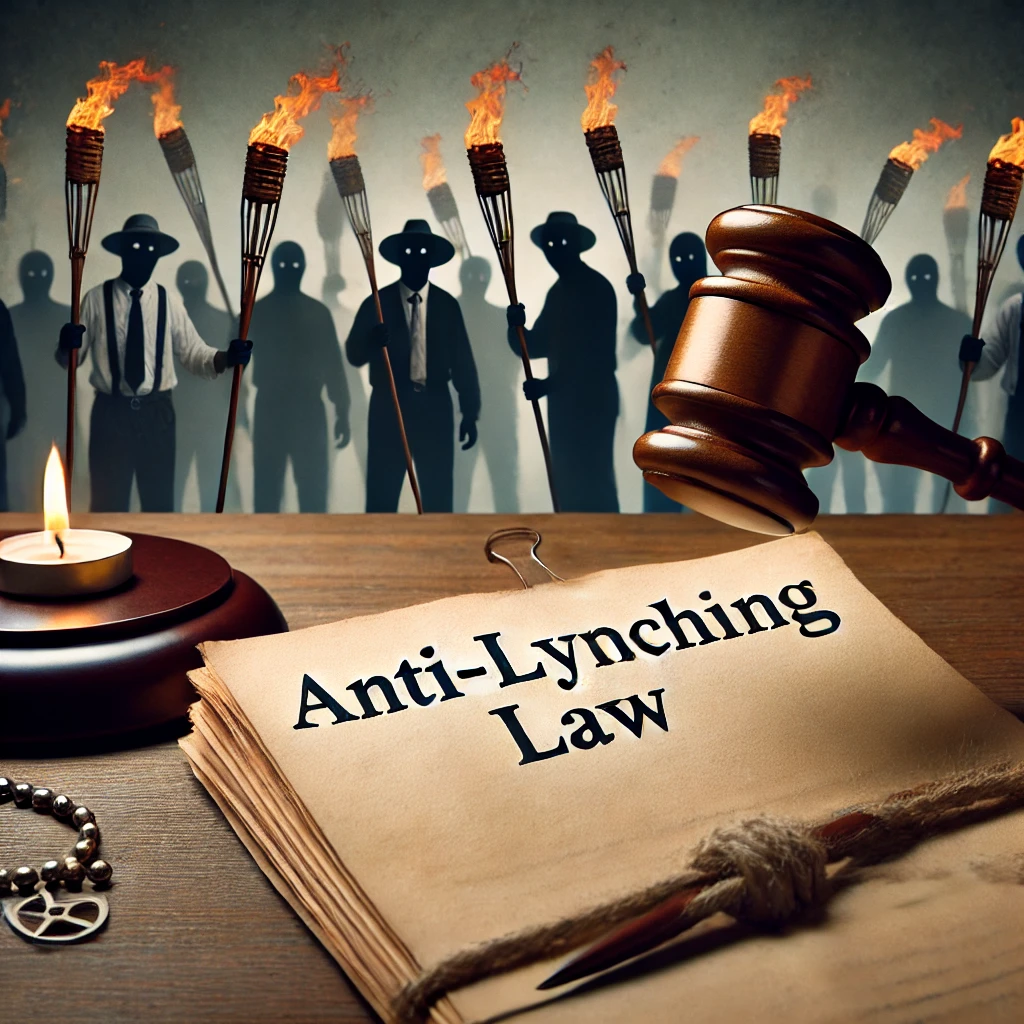
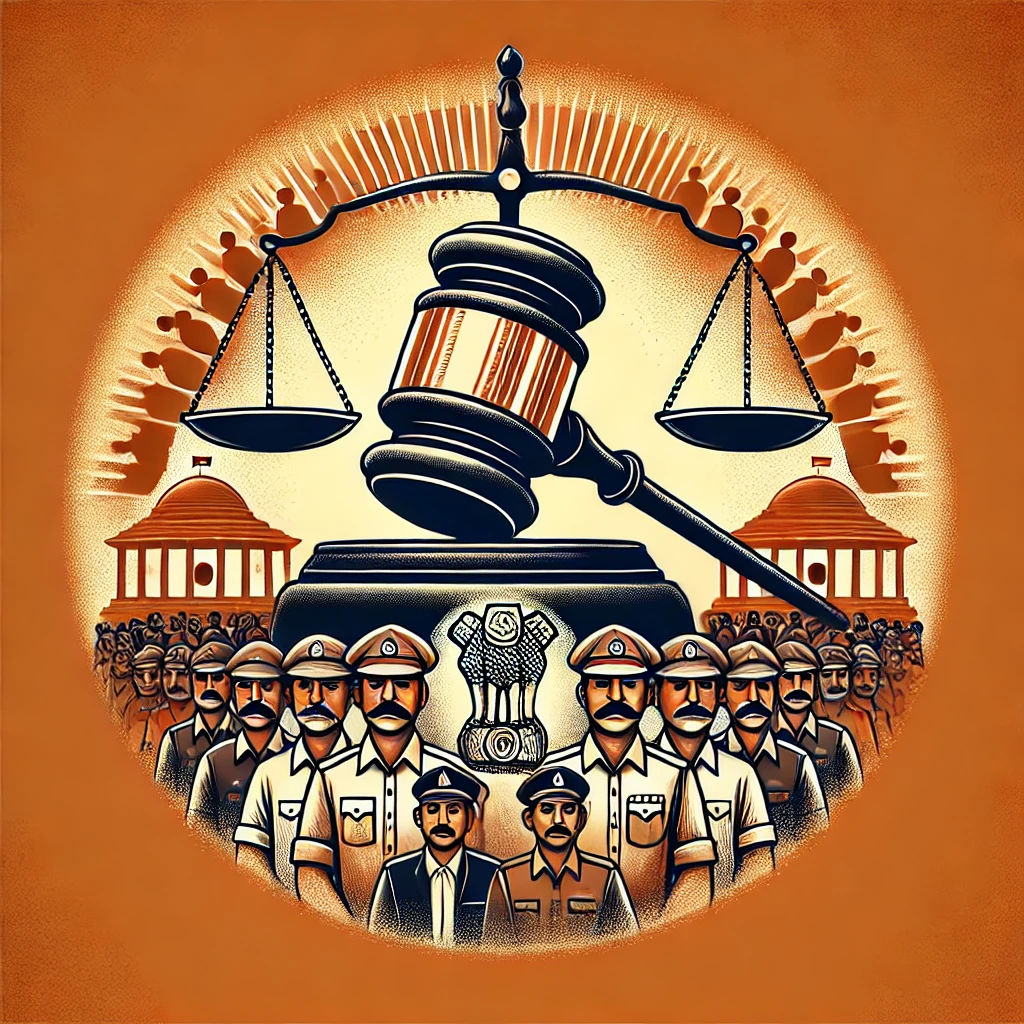


















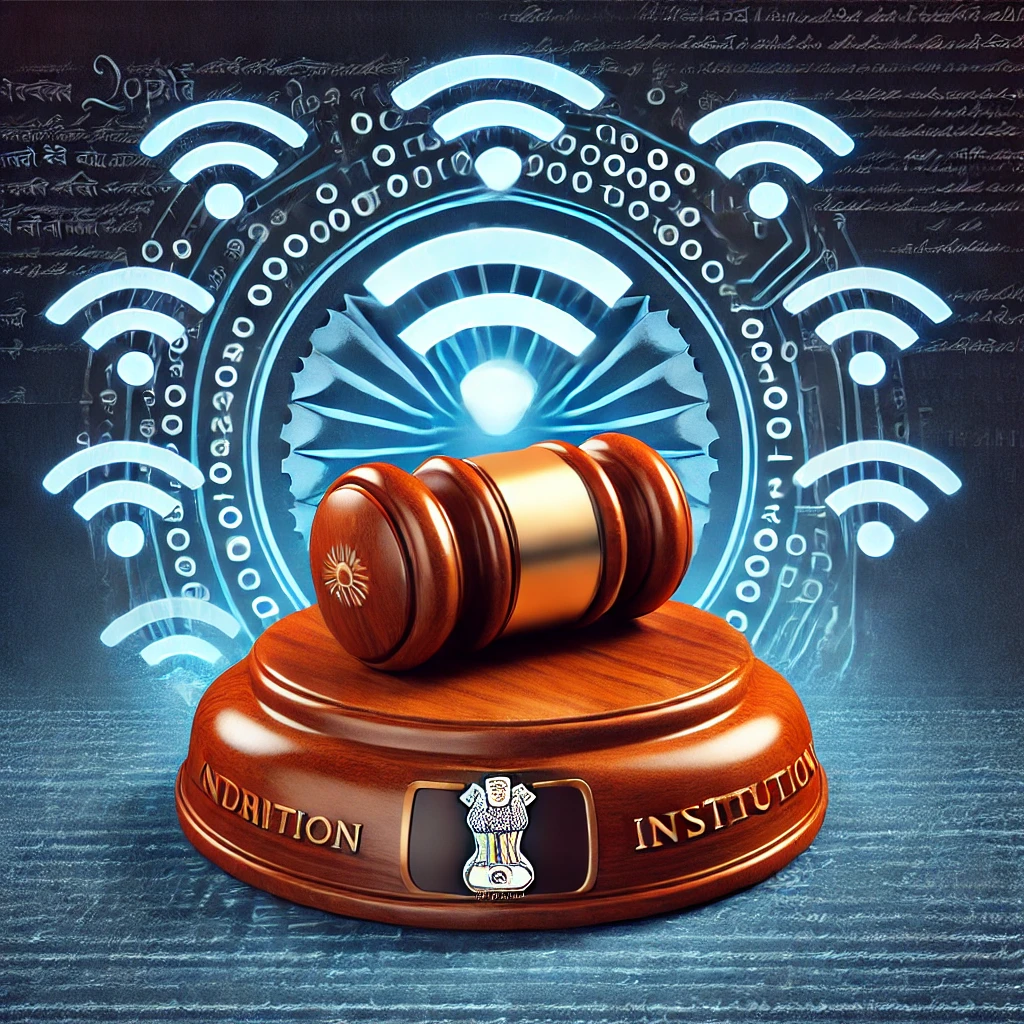


























0 comments